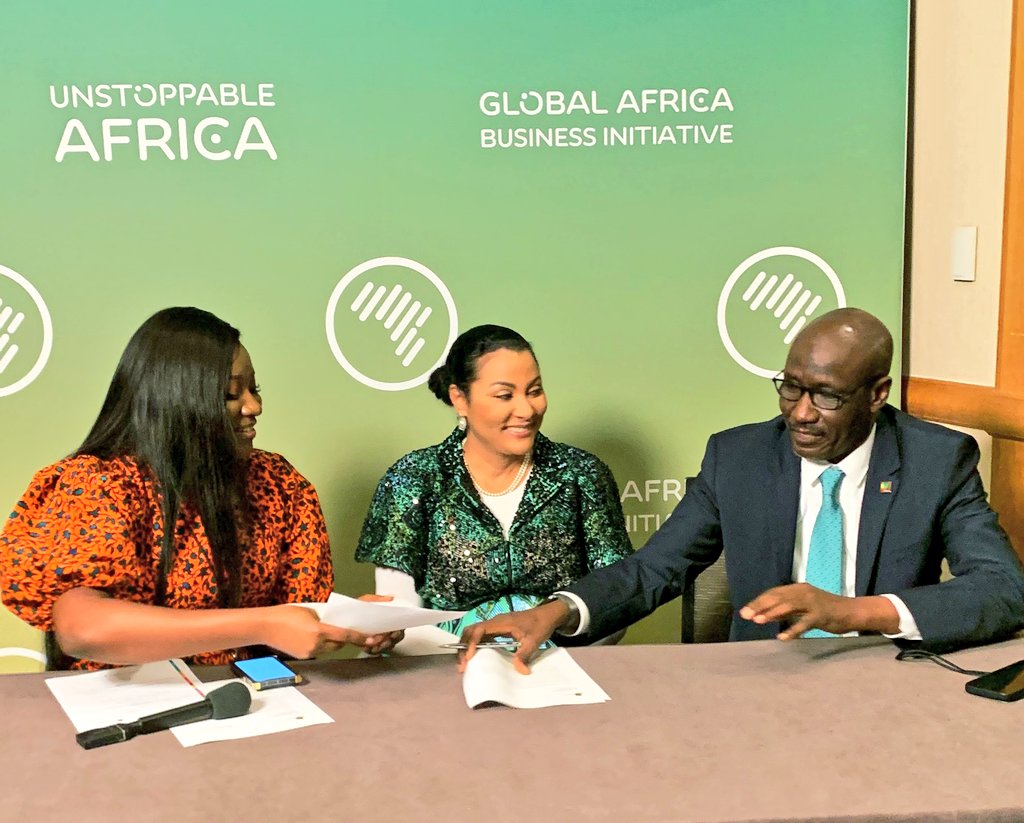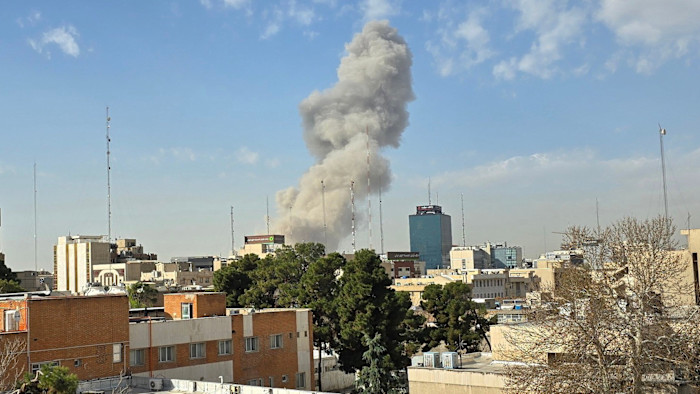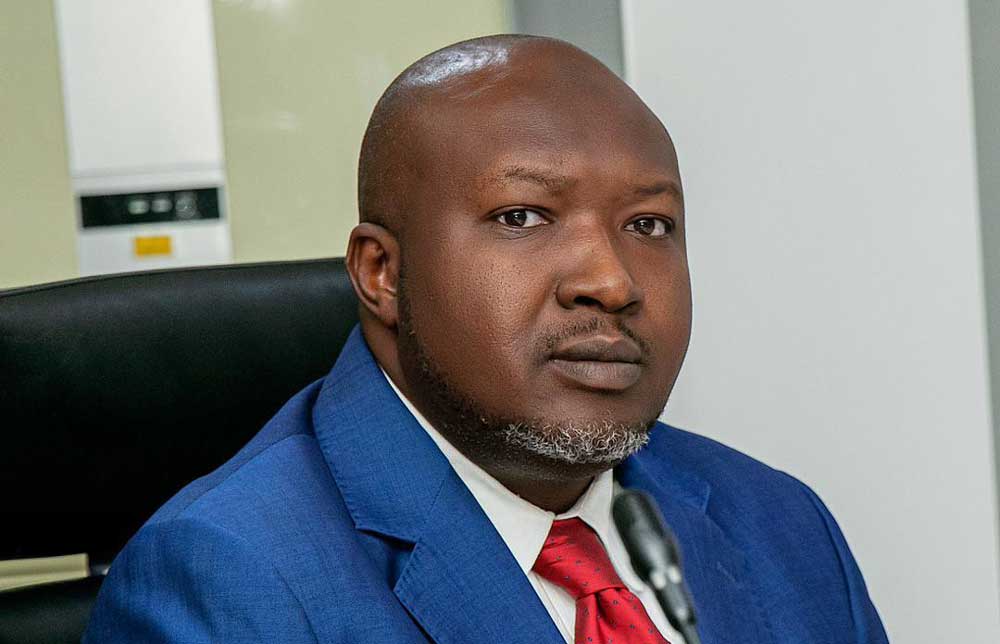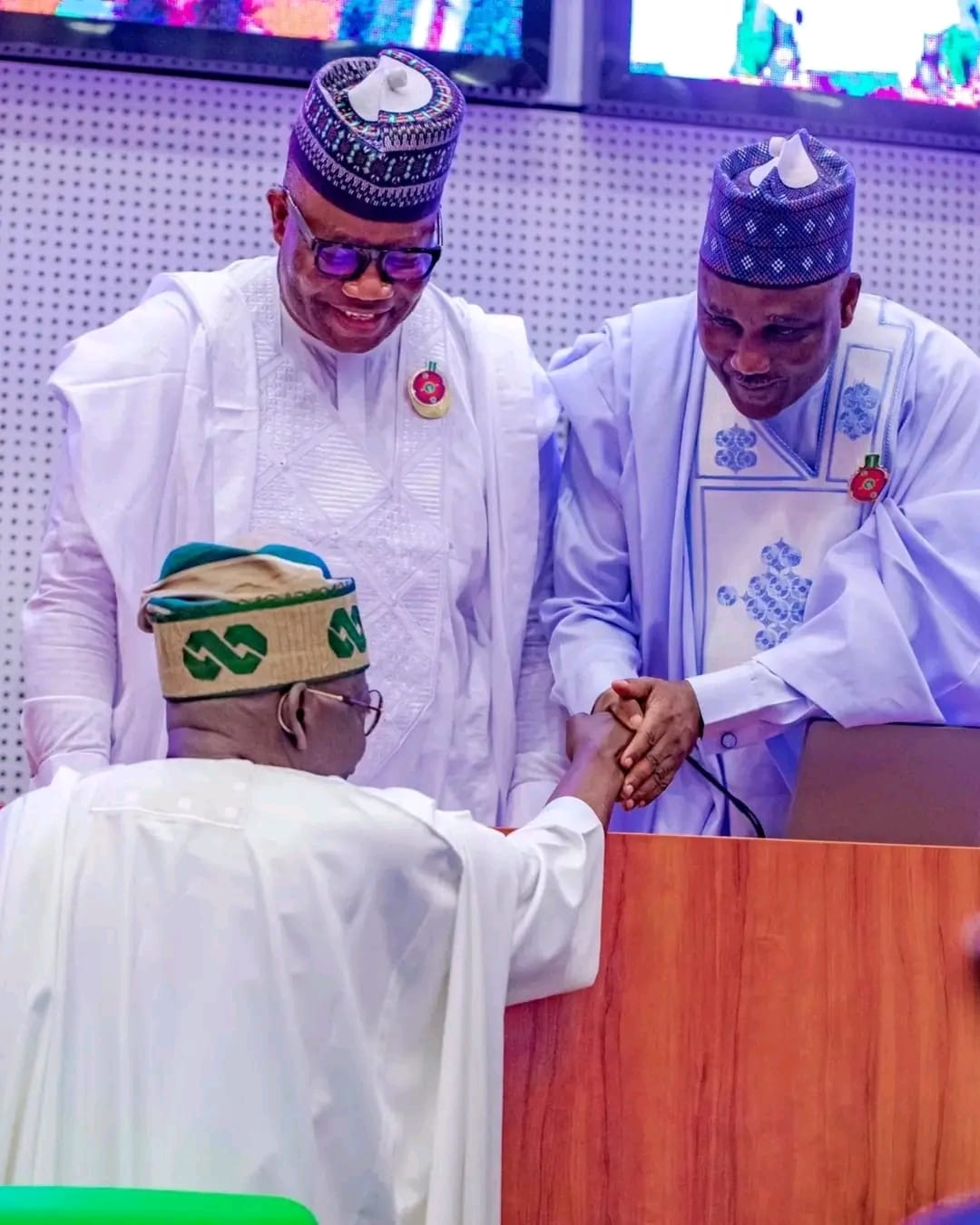The Nigerian National Petroleum Company Ltd (NNPCL) on Thursday in New York, U.S. signed to become a participant of the United Nations Global Compact.
The signing which was done by the Group CEO of NNPCL, Mr. Mele Kyari, was part of the ongoing Global Africa Business Initiative (GABI) held on the sidelines of the United Nations General Assembly (UNGA) being attended by President Bola Tinubu.
The 10 principles of the United Nations Global Compact focus on human rights, labour, environment and anti-corruption.
Persecondews correspondent covering the event, reports that among dignitaries who witnessed the signing ceremony were Ms. Sanda Ojiambo, Assistant Secretary-General/CEO, United Nations Global Compact, Dr. Doris Uzoka-Anite, Nigeria’s Minister of Industry, Trade and Investment, and Ms. Naomi Nwokolo, Executive Director, UN Global Compact Network Nigeria.
Others were Mr. Bolaji Balogun, Board member, United Nations Global Compact/CEO, Chapel Hill Denham and Ms. Ayotola Jagun, Board member, UN Global Compact Network Nigeria, Chief Compliance Officer & Company Secretary, Oando Plc.
Kyari, after signing the Letter of Commitment, he handed it over to Ms. Ojiambo and Ms. Nwokolo, who in turn confirmed NNPC’s application, also signed the welcome letter and handed it over to Kyari.
With Nigeria being one of the largest producers of crude oil in Africa, a transition from an energy system driven by fossil fuels to one based on renewable energy will have far reaching positive impact, serving as a catalyst for sustainability in-country, on the continent and world at large.
NNPC Ltd.’s move to become a participant of the UN Global Compact is a pivotal step in fostering a culture of ethical business conduct, environmental stewardship, and social responsibility.
Earlier, NNPCL, a dynamic global energy company with businesses and operations across the entire spectrum of the energy value chain, had applied to become a participant of the United Nations Global Compact.
In a letter addressed to Antonio Guterres, the Secretary-General United Nations, dated 21 Sept. 2023, titled, “Participation in United Nations Global Compact (UNGC)’’, Kyari expressed the company’s commitment to making the UN Global Compact and its principles part of its strategy, culture and day-to-day operations and to engage in collaborative projects which advance the broader development goals of the United Nations, particularly the Sustainable Development Goals (SDGs).
He said NNPC Ltd would soon make a clear statement of the commitment to its stakeholders and the public.
He said: “We recognize that a key requirement for participation in the UN Global Compact is the annual submission of a Communication on Progress (CoP) that describes our Company’s efforts to implement the Ten Principles.
“We support public accountability and transparency and therefore commit to report on progress starting the calendar year after joining the UN Global Compact and annually thereafter according to the UN Global Compact CoP policy.
“This includes: A statement signed on behalf of NNPC Limited by the Group Chief Executive Officer expressing our continued support for the UN Global Compact and renewing our ongoing commitment to the initiative and its principles. This is separate from our initial letter of commitment to join the UN Global Compact.
“The completion of the online questionnaire of the communication on progress through which we will disclose our company’s continuous efforts.’’
Climate change and energy poverty represent critical challenges to Nigeria’s environmental and socio-economic stability. As a developing nation with a rapidly growing youth population, Nigeria is particularly susceptible to the consequences of climate change.
There is a widespread acknowledgment that the Federal Government of Nigeria (FGN) must take swift and strategic measures to both mitigate the severe repercussions of climate change and promote sustainable economic growth.
Nigeria had enacted the Climate Change Act in 2021 to provide a functional framework for mainstream climate change management at a national level and in 2022, launched its Energy Transition Plan (ETP), designed to simultaneously tackle the challenges of energy poverty and the climate change crisis.























Leave a comment